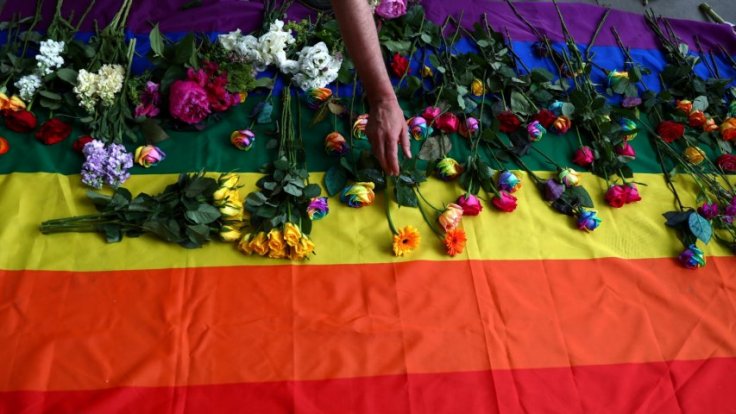
Despite claiming to support gay rights, many straight people who live in predominantly gay neighbourhoods still practice subtle forms of discrimination when interacting with their gay and lesbian neighbours, researchers have found.
According to research published in the journal City and Community, straight people living in "gaybourhoods" interact with their gay and lesbian neighbours on the street in ways that contradict the sentiments of supporting them.
"There is a mistaken belief that marriage equality means the struggle for gay rights is over. But it is far from over. Prejudice and discrimination still exist -- it is just more subtle and difficult to detect," said Amin Ghaziani, the study's senior author from the University of British Columbia in Canada.
The researchers interviewed 53 straight people and found the majority of residents said they supported gay people.
However, their progressive attitudes were misaligned with their actions. While many residents said they did not care if people were gay or straight, some indicated that they did not like gay people who are "in your face."
When asked about resistance from lesbian, gay, bisexual, transgender, questioning/queer (LGBTQ) communities to the widespread trend of straight people moving into "gaybourhoods", some of the people interviewed responded with accusations of reverse discrimination and described gay people who challenged them as "segregationist" and "hetero-phobic."
"If a group of straight women hosted a bachelorette party in a gay bar, for example, they were surprised that they felt 'unwelcome,'" added Ghaziani.
"That feeling of surprise, however, exemplifies a misguided belief that gay districts are trendy commodities when they are actually safe spaces for sexual minorities," he added.
Many expected their gay and lesbian neighbours to be happy and welcoming of straight people moving into "gaybourhoods".
Ghaziani said this argument exemplifies the fundamental misunderstanding of the inequality and discrimination that creates the need for "gaybourhoods" in the first place.
(IANS)








